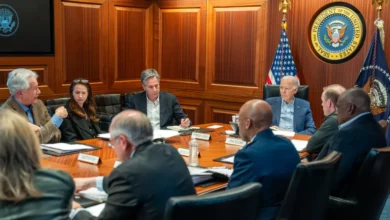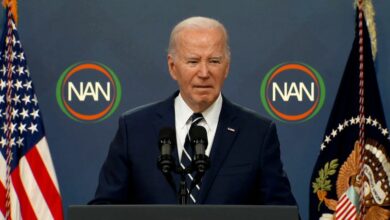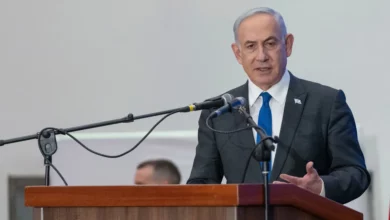The ruling Supreme Council of the Armed Forces (SCAF), in a statement on Thursday, renewed its pledge to hand over power to civilian rule not later than 30 June.
The statement came in response to statements from former US President Jimmy Carter casting doubt on the SCAF’s commitment to handing over power to a civilian government.
Following a meeting with Egypt's military rulers, including Field Marshal Hussein Tantawi, Carter expressed doubt that the military would completely submit to a civilian government, the New York Times reported on Wednesday.
According to the Times, Carter said on Wednesday: "I don't think the SCAF is going to turn over full responsibility to the civilian government. There are going to be some privileges of the military that would probably be protected."
General Ismail Etman, the head of the military council's Morale Affairs Directorate, said in a statement that the military is working to “deliver power to an elected civilian president before 30 June 2012 and return to its barracks to perform its major responsibility of defending the Egyptian land.”
He continued: “The armed forces are working to lay the basis for democracy in modern Egypt during the transitional period, in the way the Egyptian people want it.
"The whole world is looking at Egypt and is witnessing the state of calm and stability, and we want to teach the whole world a lesson: that the Egyptian people do not perform any acts that would jeopardize the national interest,” Etman added.
He said that the Egyptian revolution was "the greatest peaceful revolution in the world, and incidents that took place this year will not affect its peacefulness."
Since the fall of the monarchy in 1952, Egypt's presidency has been occupied by military figures, starting with Mohamed Naguib, who was followed by Gamal Abdel Nasser, Anwar Sadat and finally Hosni Mubarak, who resigned in February following popular protests.
The history of rule by military figures has created doubt around the SCAF's seriousness about handing power to civilians. Adding to this doubt are the SCAF's failure to hand over power to civilians during the six-month transitional period, which it promised in February.




